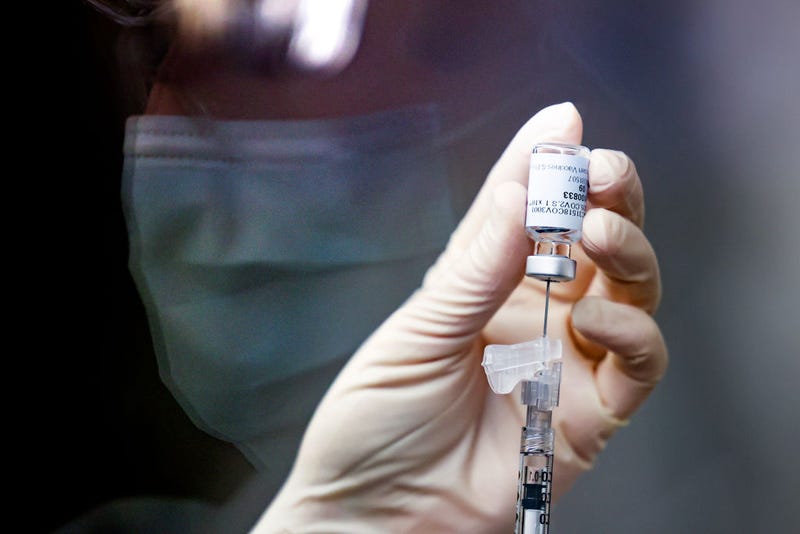
It might feel like the coronavirus pandemic is winding down, but there are major concerns about parts of the U.S. where a large number of people have not been vaccinated against COVID-19. That is because the Delta variant — first identified in India — is spreading quickly.
Some expect it to become the dominant strain in America by the end of summer because it seems to be better at infecting people who have not been vaccinated. The Delta variant represents about 10% of U.S. cases today.
But if you are fully vaccinated — that’s two weeks clear of having the single-dose Johnson & Johnson vaccine or both shots of the two-dose course of Pfizer or Moderna or — experts say you should be fine.
"If you are a fully vaccinated person, especially with the Moderna and Pfizer vaccines, the Delta variant really poses no risk to you," said Dr. Amesh Adalja Senior Scholar at the Johns Hopkins Center for Health Security. "The Johnson & Johnson vaccine likely is effective at stopping what matters when it comes to the Delta variant: serious disease, hospitalization and death. We’re going to get more data on the Johnson & Johnson vaccine soon, but I think the bottom line message with the Delta variant is that this problem can be completely solved by having vaccination rates as high as possible."
In the U.K., researchers are seeing breakthrough cases in fully vaccinated people, but most people there got the AstraZeneca shots, which were not approved for use in the U.S. The Johnson & Johnson shot uses a technology similar to that of AstraZeneca, but it also has key differences relating to how it works with the spike protein of the coronavirus, so experts guess it will do better, according to Adalja.
"The early data that we’re seeing shows that the Johnson & Johnson vaccine does work well," he said.
Adalja says it will become more important to monitor how well these vaccines protect against cases of COVID-19 serious enough to land a patient in a hospital. He says he is less concerned about breakthrough cases that don’t make people very sick.

